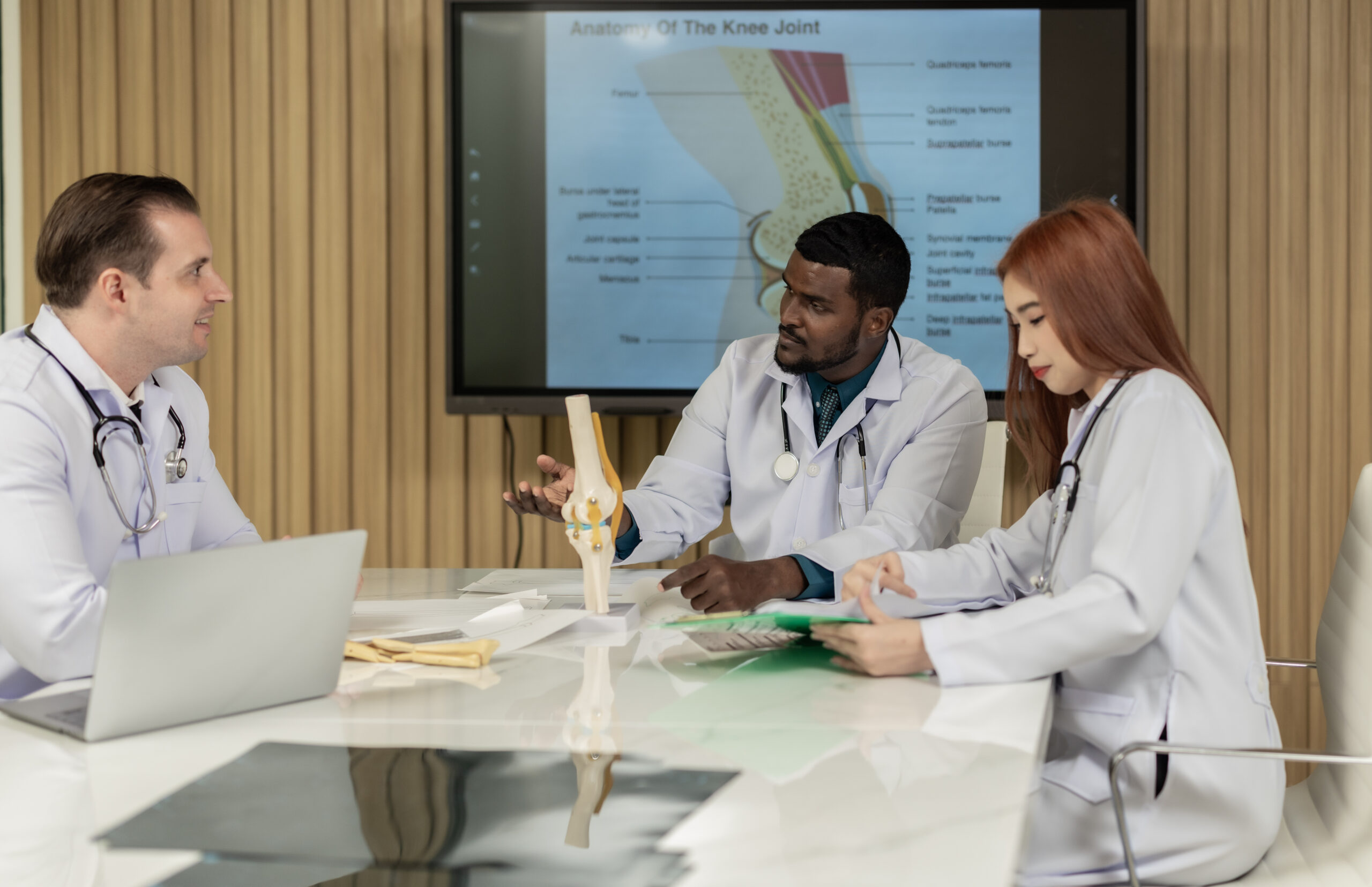Managing Medicolegal Practices for Orthopaedic Surgeons
Orthopaedic surgeons often encounter complex challenges that extend beyond patient care into the realm of legal responsibilities and obligations. Ensuring clarity, compliance, and protection against legal risks is crucial in the daily practice of orthopaedics. By understanding and managing medicolegal aspects effectively, surgeons can provide better care while safeguarding their practice and reputation. Below, we delve into critical strategies that address the medicolegal aspects orthopaedic surgeons face today.
Understanding Medicolegal Issues in Orthopaedic Surgery Practice
For orthopaedic surgeons, medicolegal issues are an intricate part of the profession that cannot be overlooked. It’s essential to recognize the legal implications that can arise from patient interactions, surgical procedures, and post-operative care. Medicolegal challenges can include malpractice claims, informed consent disputes, and privacy breaches, all of which necessitate a proactive approach to prevent potential litigation.
Continuous education and staying informed about the latest legal precedents are fundamental for practitioners. The evolving landscape of healthcare law demands that orthopaedic surgeons maintain an updated understanding of their legal duties and rights. This foundational knowledge is the bedrock of sound medicolegal practices, protecting both the patient and the surgeon.
An expert knowledge of orthopaedic-specific legal concerns is invaluable. Recognizing when professional legal counsel is necessary and collaborating with specialists in medicolegal practices for orthopaedic surgeons in California can be a deciding factor in the outcome of legal challenges. Such partnerships can provide a layer of security and expertise for practitioners navigating complex cases.
Implementing Effective Documentation Strategies for Legal Protection

Effective documentation is a surgeon’s first line of defense against medical liability. Rigorous record-keeping practices help capture patient encounters accurately, support clinical decisions and enable continuity of care. Documentation strategies should be structured so that they are thorough, legible, and timely, capturing the nuances and rationale behind clinical decisions.
Electronic health records (EHRs) have revolutionized how medical documentation is maintained and accessed. When used effectively, EHRs can streamline the documentation process, improve the organization of patient data, and reduce the likelihood of errors. However, surgeons must be mindful of EHR-specific legal risks such as metadata scrutiny and ensure compliance with documentation standards.
Navigating Patient Consent and Communication for Orthopaedic Procedures
Effective communication is a cornerstone of orthopaedic surgery, playing a crucial role in obtaining informed consent and ensuring patient understanding. The process of securing informed consent is a fundamental ethical and legal requirement that necessitates a clear dialogue about the risks, benefits, and alternatives of any proposed treatment or procedure.
Surgeons must ensure that patients are adequately informed and that their consent is freely given without coercion. Documented proof of the consent conversation, including the patient’s understanding and agreement, is indispensable. This not only contributes to ethical practice but also forms a legal safeguard against claims of misinformation or lack of consent.
Enhancing Practice Operations to Comply with Healthcare Laws and Regulations

Compliance with healthcare laws and regulations is not static; it requires active management and constant adaptation. Orthopaedic practices need to establish robust compliance programs to stay current with state and federal laws including HIPAA, OSHA, and various fraud and abuse statutes.
Regular training for all practice employees on legalities, privacy policies, and patient rights is vital. Additionally, implementing security measures to protect patient information goes hand in hand with legal compliance, minimizing the risk of data breaches that can have both legal and reputational repercussions.
Audit trails and routine reviews can help practices identify potential non-compliance before it becomes problematic. It’s easier to correct course if regular checks are in place to catch discrepancies or areas that lack adherence to updated regulations. This proactive stance on compliance can spare a practice from severe penalties or legal complications.
Altogether, the interplay between precise documentation, effective communication, regulatory compliance, and proactive risk management forms the bedrock of medicolegal practices for orthopaedic surgeons. Overall, by integrating these strategies into daily operations, surgeons can not only enhance patient care but also protect their professional integrity and stability in the face of evolving healthcare laws and potential legal challenges.

















